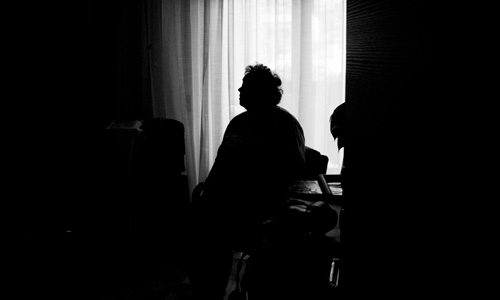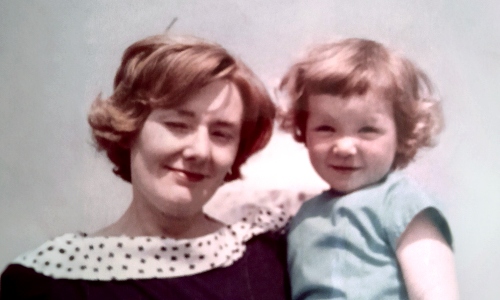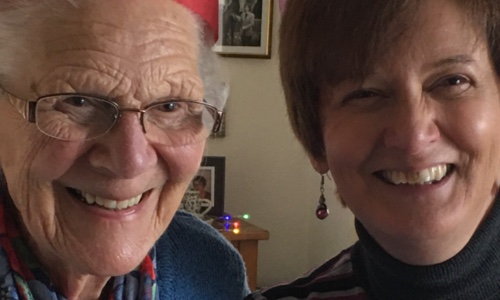Earlier this week it was suggested that the Prime Minister did not want to impose a second lockdown in autumn last year because “the people who are dying are essentially all over 80”. I have no idea if this is true or not, and it’s not the purpose of this blog to decide. But let’s be honest, we’ve all probably heard similar sentiments expressed by others during the course of this pandemic.
Quantity and quality of life
It is often asserted that an older person’s life is worth less than a young person’s. In a way this is arguably true, since on average a young person has many more years left to live than an older one, who may already have had ‘a good innings’, as it is sometimes termed. Of course, it’s not just about quantity of life, quality matters too. There is an agreed methodology for measuring this which comes into play when, for example, a person is found to have died due to medical negligence and a calculation is required to work out how much money their estate should be paid in legal compensation. This calculation deals in QALYs – ‘quality adjusted life years’, factoring in the state of a person’s health to come up with a result.
Without being nearly as cold and calculating about it as this, I think most people would probably agree that objectively an older person’s life is ‘worth less’ than a young person’s, simply because in most cases there is a lot less of it left to go. However, this doesn’t mean that an older person’s life is ‘worthless’ – yet I think sometimes people move without recognising it from ‘worth less’ to ‘worthless’.
Projecting our own fear of old age
The advancement of knowledge and insight into the world around us over the last few years, driven by great science and technological innovation, is truly extraordinary. But in other ways I sometimes feel we’ve not progressed at all, or even gone backwards. I certainly think this is true when it comes to the extent to which we understand what it is to grow older, and what this means for the people we care most about, above all ourselves.
As someone whose job is to advocate with and on behalf of older people, I am often struck by the abject failures of curiosity and imagination I see from all kinds of people, including some policy makers, when it comes to older people’s lives. Some might describe this simply as ‘ageism’ but to me it’s usually more subtle than that, as though it is simply too difficult and anxiety-provoking to consider what it might be like to be old, with all the connotations of loss, illness and, ultimately, of course, death. The end result is that as a society we risk projecting our own fear of old age onto older people themselves. It certainly seems to me that we often ‘other’ older people and regard them almost as a different species to the rest of us. Sadly, and very unfairly, this sometimes leads to older people being thought of as not of much account.
What it is to be human
If this can be true of attitudes to older people in general, it is all the more the case when it comes to attitudes to older people who are profoundly disabled or unwell. Until a few months ago when she died aged 92, I cared part time for my mother, over the course of the best part of four years. This came about after she had a catastrophic fall at home which robbed her of almost all her mental capacity in an instant. My mother lost much that she valued before her accident, including her capacity to work (she was still active as a piano teacher aged 88), look after herself and live independently, take interest in politics and devour stimulating books.
My experience of caring for my mother, alongside others, over the months and years that followed her fall, caused me, as I am sure it causes many others, to think about what really matters - what it is to be human. I suspect that had she known what was going to happen to her she would have said she’d rather we didn’t bother – her life would not be worth living. And yet throughout, almost right to the end, enough of her was still there that she remained recognisably my mother. Within her considerable limitations she was able to take pleasure in some things, and give pleasure to others too. I felt strongly then and still do so today that her life continued to be of value, despite everything. Perhaps the fact I have a faith contributed to this. I certainly recognise that my experience of being with my mother in her last years played a big part in its development.
A more supportive society
This is deep and difficult stuff that we rarely talk about. Perhaps we should try to do so more often, rather than putting it off until – as in my case with my Mum – we are forced to confront it because it’s there, right in front of us, impossible to avoid. It might help us to develop a more mature understanding of who we are and will become – the truth being that although we may gradually accumulate health problems and infirmities as we age, we will still remain quintessentially ‘us’: people of value, who deserve to be treated as such at all times.
One of the fallacies that underpins the point of view allegedly expressed by the Prime Minister is that at age 80 you have exceeded average life expectancy; in fact, if you make it as far as 80, after avoiding the threats that come along earlier on like accidents in your youth and fatal diseases in mid-life, you are quite likely to live for another decade – like my mother did. So, those who are comforting themselves with the idea that the legions of older people who died of COVID-19 during the pandemic would have probably succumbed to something else soon afterwards need to think again. Some of these unfortunate people lost a decade, or even more.
Given that we are generally living a lot longer than we used to, the chances are that many of us are going to be ‘older’ for a considerable length of time, so we might as well make the most of it and do it as well as we possibly can. There’s much we can do to help that to happen for ourselves, but we need society to support us in this endeavour too. A great place to start would be the development, or perhaps the rediscovery, of a mindset that says that every day counts for everyone, from the start, right to the finish. Just as it’s never too early to help a child make the most of their life, it’s equally never too late for an older person either. Maybe this could also help us to build the kinder, more inclusive society that the experience of living through this terrible pandemic has led many of us to want to see.





